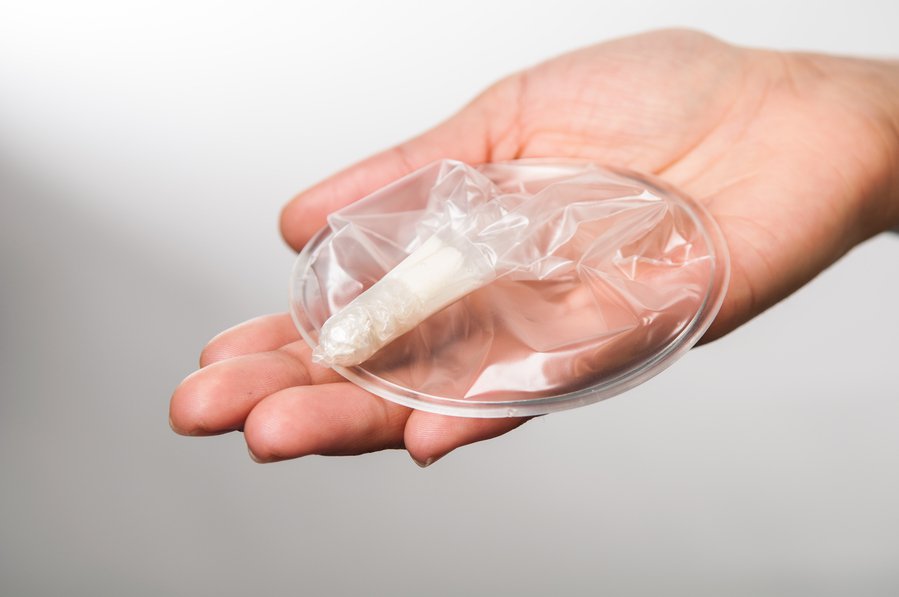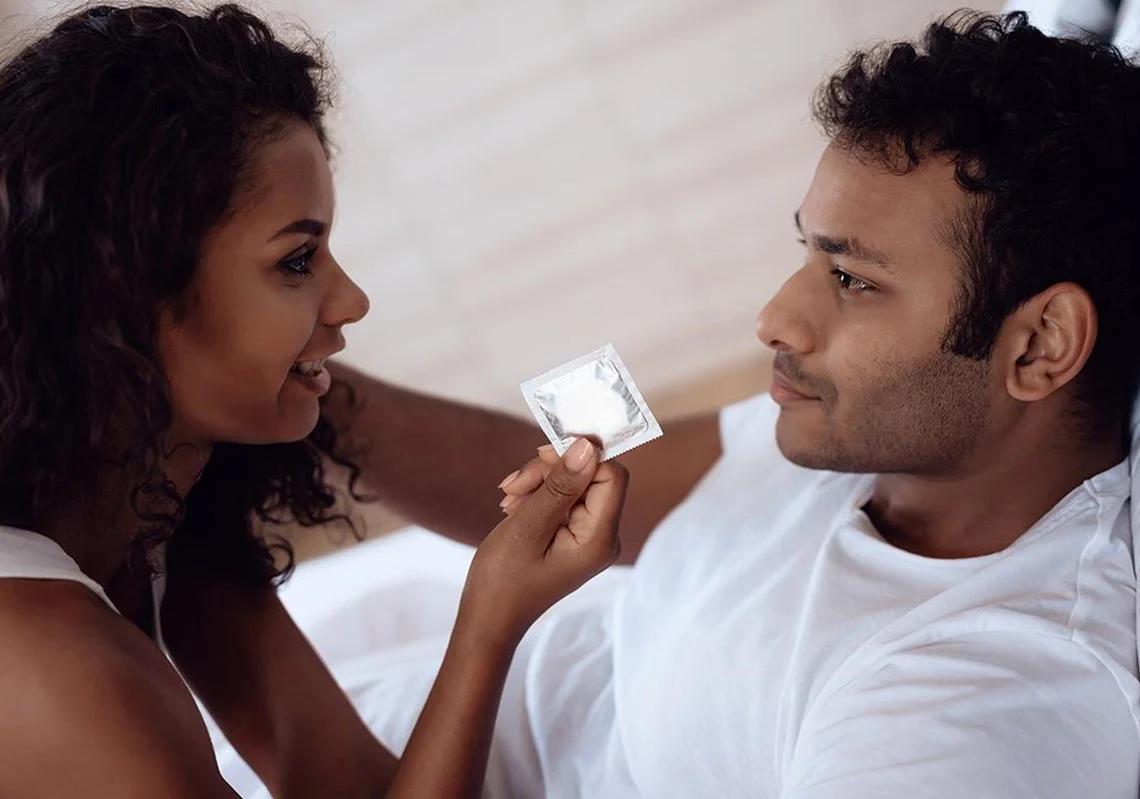The concept of virginity often intertwines with cultural, religious, and personal beliefs, leading to varied interpretations and definitions. One question that arises frequently is: “Are you still a virgin if you use a condom?” The short answer is no. Using a condom during intercourse does not affect one’s virginity status. Virginity traditionally refers to whether someone has had penetrative sex, regardless of condom use.
This article will delve into the definitions of virginity, the role of condoms in sexual health, and the implications of using condoms on one’s virginity status.
Understanding Virginity from Different Point of Views
What is Virginity?
Virginity is a concept that lacks a universal definition. It traditionally refers to someone who has not engaged in sexual intercourse. However, sexual intercourse itself can be defined in various ways, depending on cultural, religious, and personal perspectives.
For some, virginity specifically refers to vaginal penetration, while for others, it can include oral or anal sex.

Cultural and Religious Views on Virginity
Many cultures and religions place significant importance on virginity, often linking it to purity, morality, and personal value. In some societies, remaining a virgin until marriage is a critical expectation, especially for women.
Recommended: Does Sex Affect Periods?
These cultural and religious views can shape an individual’s understanding and definition of virginity, influencing their sexual behavior and decisions.
Modern Perspectives on Virginity
In contemporary society, the concept of virginity is evolving. Many people now view virginity as a personal and subjective experience rather than a rigid, universally defined status.
Recommended: Can a Woman Have an Orgasm After Menopause?
This shift reflects broader changes in attitudes towards sex, emphasizing consent, mutual respect, and sexual health over traditional notions of purity.

The Role of Condoms in Sexual Health
Importance of Using Condoms
Condoms play a crucial role in promoting sexual health. They are the only contraceptive method that provides protection against both sexually transmitted infections (STIs) and unintended pregnancies.
By creating a barrier that prevents the exchange of bodily fluids, condoms significantly reduce the risk of transmitting infections like HIV, chlamydia, gonorrhea, and syphilis.
Types of Condoms
There are various types of condoms available, including latex, polyurethane, and lambskin. Latex condoms are the most common and effective against STIs.
Recommended: Can Ejaculating Too Soon After a Vasectomy Damage It?
Polyurethane condoms serve as an alternative for those with latex allergies, while lambskin condoms, though effective in preventing pregnancy, do not protect against STIs.
Proper Condom Use
For condoms to be effective, they must be used correctly. This involves checking the expiration date, using a new condom for each sexual encounter, and ensuring the condom is applied and removed properly.
Proper use significantly enhances the condom’s effectiveness in preventing STIs and unintended pregnancies.

Does Using a Condom Affect Virginity Status?
The definition of virginity often centers around penetrative sex. Engaging in penetrative sex typically means losing one’s virginity, regardless of whether a condom is used. The use of a condom does not alter the nature of the sexual act; it simply adds a layer of protection.
Some misconceptions suggest that using a condom might somehow preserve virginity or alter the experience of losing it. However, these misconceptions stem from misunderstandings about both virginity and condom use.
Recommended: Top 4 Signs That a Man Has Not Been Sexually Active
The presence of a condom does not change the fundamental nature of the sexual act, which is the primary determinant of virginity status.
Virginity is a deeply personal and subjective concept. Some people may consider themselves virgins until they engage in certain types of sexual activity, regardless of condom use.
Ultimately, how one defines and perceives their virginity is a personal decision, shaped by their beliefs, values, and experiences.

The Impact of Virginity Myths on Sexual Health
Virginity myths can have significant implications for sexual health. Myths that equate virginity with morality or personal worth can lead to feelings of shame, guilt, and anxiety about sex. These myths can also perpetuate misinformation about sexual health and contraception.
Comprehensive sexual education plays a critical role in dispelling virginity myths and promoting sexual health. By providing accurate information about sex, contraception, and STIs, sexual education empowers individuals to make informed decisions about their bodies and relationships.
Recommended: Can Sex Make You Constipated?
Open and honest conversations about sex and virginity can help challenge harmful myths and promote healthier attitudes towards sex. These conversations can take place in various settings, including schools, homes, and healthcare environments, fostering a more supportive and informed community.
Conclusion
In summary, using a condom does not affect one’s virginity status. Virginity, defined by the act of penetrative sex, remains unchanged by the presence or absence of a condom. Understanding this distinction is crucial for promoting sexual health and dispelling misconceptions about virginity.
By embracing a more comprehensive and informed perspective on virginity and condom use, we can foster healthier attitudes towards sex and relationships, ultimately enhancing individual and community well-being.
